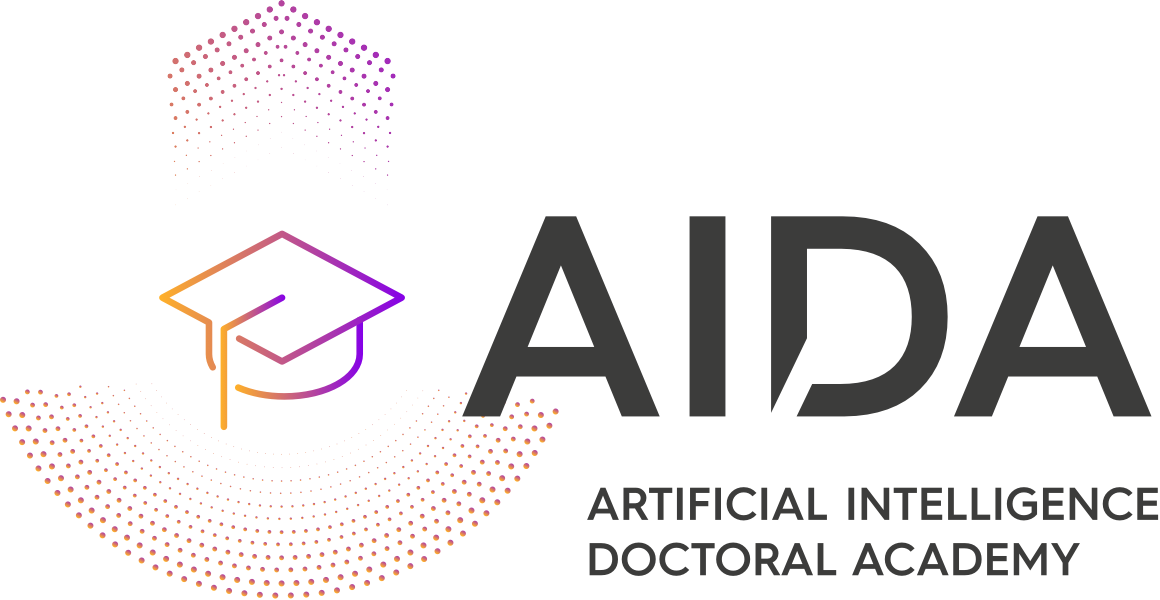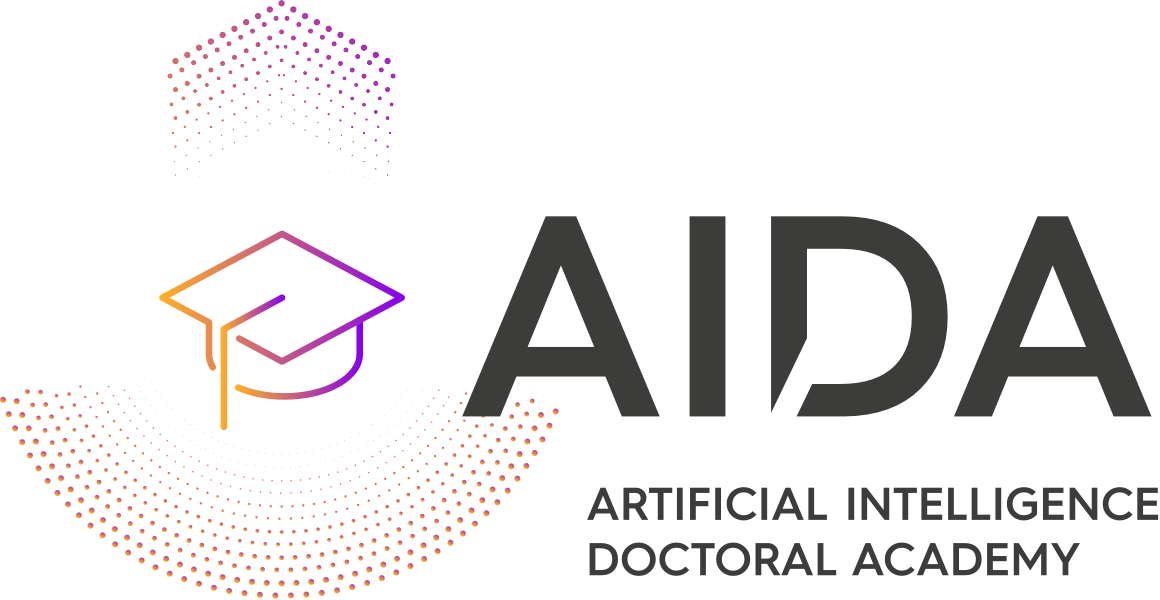ENFIELD AI Summer School 2025 (ENFIELD educational material)
The AI Summer School was organized in the framework of the Horizon Project ENFIELD, having taken place at the Budapest University of Technology and Economics, Hungary, from July, 28 to August, 1 2025.
This five-day program offered a comprehensive learning experience, combining expert-led lectures, hands-on workshops, and interactive challenges designed to enhance both theoretical understanding and practical skills. Participants engaged with cutting-edge AI techniques, gained insights from leading researchers, and collaborated on practical applications of AI in various domains: Green AI, Energy AI, Adaptive AI, Healthcare AI, Human-Centric AI, Manufacturing AI, Trustworthy AI, Space AI.
Bias in Medical AI: Identifying Risks and Ensuring Fairness (ENFIELD educational material)
The second ENFIELD webinar was organized in the framework of the Horizon Project ENFIELD, having taken place online on May 23, 2025.
The objective of the webinar was to discuss the Bias in Medical AI.
During the webinar, 10 presentations were given:
- Pankaj Pandey – Presentation of the ENFIELD project
- Bjørn Morten Hofmann – The Ethics of the Inexorable Biases in Medical AI
- Sören Möller – Pseudo-Individual Predictions as Interventional Health Programs – Shattering the Individual into Data Points
- Sofia Couto da Rocha – Synthetic Data Bias Amplification in Healthcare
- Barbara Draghi – Detect and Mitigate Bias in Patient Data Using Synthetic Data Generators
- Konstantina Remoundou – Biases in EHR Databases; a Medical vs Statistical Approach through the ICU Readmission Case
- Chiara Bellatreccia – Addressing Bias and Data Scarcity in AI-Based Skin Disease Diagnosis with Non-Dermoscopic Images
- Panagiotis Tsakanikas – APPO – Building AI Trust through Bias Identification
- Andrei Olaru – Towards a Framework for Bias Analysis in Data
- Juulia Jylhävä – AI-Driven NLP Models to Identify Aging-Related Health Issues in Free-Text EHR Data
Exploring AI Technologies from Ethics to Trust (ENFIELD educational material)
The 2024 ENFIELD webinar was organized in the framework of the Horizon Project ENFIELD, having taken place online on November 15, 2024.
The objective of the webinar was to discuss the critical landscape of AI ethics and trust.
During the webinar, 8 presentations were given:
- Pankaj Pandey – Presentation of the ENFIELD project
- Jean Gabriel Ganascia – Ethical Implications of AI Technologies in Society
- Christof Wolf-Brenner – Societal Impact and Ethical Challenges of AI
- Jeriek Van den Abeele – Responsible AI from Research to Practice
- Asbjørn Følstad – Ethics and trust from a human-centric perspective
- Phillip Morgan – How to build trust in AI
- Ștefan Trăușan-Matu – Ethics and trust in AI Natural Language Processing
- Natalia Glowacka – ENFIELD Ethics and Gender Equality Framework
X-ray Anomaly Detection in Industrial Pipelines
As Deep Neural Network (DNN)-based algorithms are improving, pivotal changes are happening towards efficient and effective automation in the field of industrial inspection. In the scope of our project, we analyze X-ray images of steel pipelines to detect the presence of corrosion in a novel way. In our industrial scenario, a drone lands a crawler that is equipped with an X-ray system on top of insulated pipelines to perform X-ray scans which are able to penetrate only the insulation, due to power consumption limitations. In this paper, we use modern unsupervised anomaly detection algorithms to detect the presence of corrosion, and the results are quite promising. Moreover, to compare several state-of-the-art approaches in terms of robustness to noise, we simulate two types of noise that can occur: (i) Poisson Noise, (ii) Motion Blur Noise. We conclude that the problem we are dealing with can be handled sufficiently well with state-of-the-art approaches, and that in the scenario of noise, the most robust algorithms are based on memory banks and teacher-student architectures.
Foreground-Aware Knowledge Distillation for Enhanced Damage Detection
Damage detection remains a critical challenge, especially within the industrial automation sector, necessitating the development of advanced inspection technologies and their potential applications. Conventional industrial inspection methods are hindered by high costs and operational disruptions, motivating the development of innovative and efficient solutions. This paper introduces a novel, architecture-agnostic deep neural network (DNN) knowledge distillation (KD) method able to enhance vision-based damage detection performance even in challenging industrial environments. Our proposed method integrates foreground knowledge with feature KD to enhance data feature utilization in detection models, effectively minimizing background clutter. The results demonstrate the efficiency of our method in consistently enhancing the student’s training process, including up to a 12% increase in mean Aver-age Precision (mAP), across various DNN architectures. Our approach bridges the gap between academic research and real-world industrial cur-rent applications, offering a robust solution for damage detection in insulated pipelines.
Advancing Industrial inspection: A Dataset for Automated Damage Detection in Insulated Pipes
The application of automated inspection for industrial pipe damage detection is attracting substantial research and development interest. Damage to pipes not only hinders the optimal functioning of factories but also presents a risk of industrial disasters, making the adoption of automated solutions imperative. The use of Unmanned Aerial Vehicles (UAVs) equipped with Deep Neural Network (DNN)-enhanced vision offers an innovative method to detect pipe damage in real-time or during video post-processing. However, a major challenge in fully leveraging the capabilities of DNNs for pipe damage detection is the lack of specialized, well-structured, and annotated public datasets for DNN training. This paper introduces the Pipes Damages Image (PDI) dataset, the first of its kind, specifically designed for detecting damage in insulated industrial pipes. This carefully compiled dataset covers a wide range of industrial settings, with each scenario meticulously annotated for damage detection. It also provides base-line results from state-of-the-art visual object detection models.


